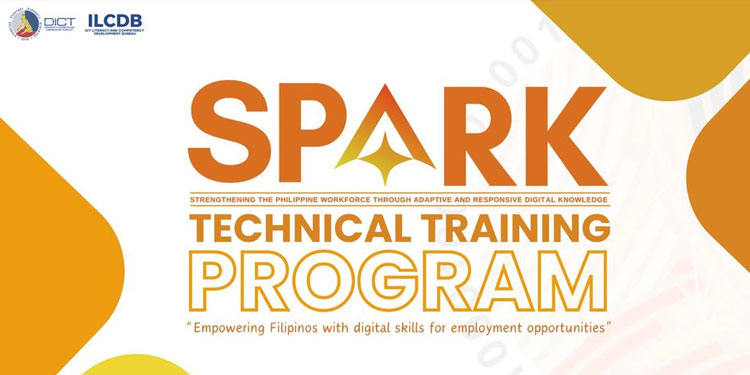The Caraga Region in the Philippines has taken a significant step toward integrating emerging technologies into its local economy by launching its first-ever blockchain certification program. Officially initiated on May 26, 2025, in San Jose, Dinagat Islands, the Blockchain Cryptocurrency Specialist Certification forms part of a national initiative aimed at strengthening digital competencies through the Strengthening the Philippine Workforce Through Adaptive and Responsive Digital Knowledge (SPARK) program.
The training, hosted by Don Jose Ecleo Memorial College (DJEMC), consisted of a five-day hybrid learning session conducted between May 27 and 31. It was followed by a 15-day online awareness campaign designed to further promote understanding of blockchain applications. The certification initiative was structured to deliver both theoretical foundations and practical exposure to blockchain infrastructure, decentralized tools, and cryptocurrency fundamentals. Organizers noted that participants were also introduced to potential avenues in freelancing, remote work, and tech entrepreneurship, with an emphasis on real-world applications.
Given Caraga’s vast geographical area—it spans over 6.3% of the country’s total landmass—the program adopted a blended format, combining in-person classes with virtual access. This hybrid model was intended to enhance inclusivity, enabling participation from residents throughout the northeastern part of Mindanao.
The SPARK program is led by the Department of Information and Communications Technology (DICT) and was formerly known as “digitaljobsPH.” In 2024, the initiative was rebranded to align with the objectives of the Philippine Digital Workforce Competitiveness Act (R.A. 11927). This law aims to bridge the country’s digital skills gap through upskilling, reskilling, and fostering digital entrepreneurship.
The blockchain certification launch is viewed as a continuation of the DICT’s growing involvement in web3 and decentralized technologies. In 2024, the department introduced eGOVchain, a blockchain-based system intended to improve transparency, security, and accountability within government operations using encrypted data management and distributed ledgers.
DICT Undersecretary Jocelle Batapa-Sigue had previously emphasized the department’s commitment to supporting web3 development and the broader adoption of blockchain across sectors. This direction is further reflected in grassroots educational efforts led by community advocates such as Arshlene Lingao, a crypto content creator widely known as CrypTita Plays.
👉 Full Details: https://t.co/UtQYxEQOZQ
— BitPinas (@bitpinas) June 21, 2025
Lingao has been promoting blockchain literacy among underserved populations through her Mini-Library Project, which provides simplified crypto and digital learning resources to children aged 8 to 15 in remote Philippine communities. The initiative has already established a mini-library in Kabatuhan, Negros Occidental, and aims to expand to Roxas City and Agusan del Sur. In total, the project intends to set up 10 libraries in areas with limited internet connectivity, offering early exposure to web3 concepts.
The Mini-Library Project has received support from notable players in the crypto space, including GCrypto’s Luis Buenaventura, CoinEx Charity, and Bitget’s Blockchain4Youth. In a related effort, Bitget and Lingao recently collaborated to launch the Young Learners’ Encyclopedia, a child-friendly illustrated guide designed to simplify blockchain concepts such as NFTs and decentralization.
Together, these public and private sector initiatives reflect a growing commitment to democratizing blockchain education across the Philippines, particularly in regions historically left behind in digital transformation. The Caraga Region’s certification program is now being seen as a catalyst for building a resilient and future-ready digital workforce.









